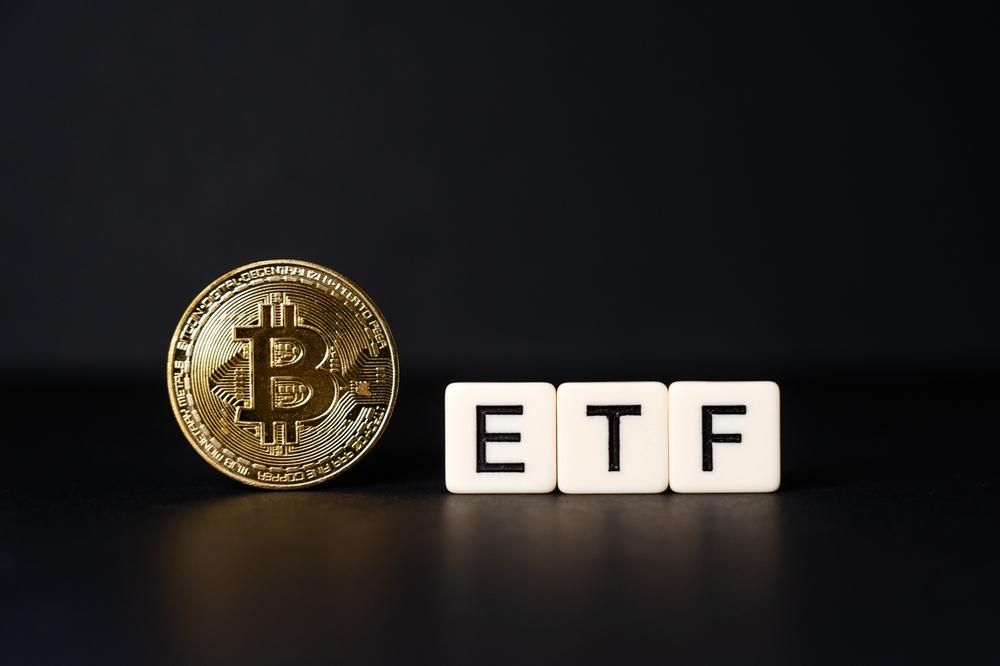Nigeria's securities watchdog has proposed raising registration fees for crypto firms by a staggering 400% as part of a broader crackdown on the sector.
The Securities and Exchange Commission (SEC) unveiled these proposed amendments.
Fee Adjustments
Under the proposed changes, all supervision fees for crypto platforms would be increased. Instead of the current 100,000 naira ($64) application fee and a 30 million naira registration fee, the SEC is seeking to revise the fees to 300,000 naira for each application and a hefty 150 million naira for registration.
These adjustments come amid the Nigerian Naira's plummeting to record lows against the dollar. The government has attributed this currency weakness to the crypto industry, accusing it of facilitating illegal capital outflows. Earlier reports indicated that the SEC was in the process of updating its guidelines for crypto service providers in the country.
Targeting Binance and Strengthening Capital Requirements
While several crypto firms have faced regulatory action, the focus has mainly been on the exchange platform Binance.
According to Coin Desk, authorities have alleged that Binance manipulated the naira exchange rate, leading to the detention of two of its executives. Moreover, hefty penalties are reportedly being considered against the firm.
In addition to fee hikes, the SEC has proposed doubling the minimum paid-up capital requirement for crypto service providers to 1 billion Naira. This move aims to bolster financial safeguards within the sector and ensure robust capitalization among market players.
Based on a Crypto News report, the SEC emphasized that the proposed amendments aim to "reshape" the regulatory framework, bringing clarity to the market while integrating input from industry stakeholders, especially following recent engagements with the Central Bank of Nigeria.
In June 2023, Nigeria lifted its longstanding currency peg, allowing the Naira to float freely, resulting in unprecedented inflation rates. As of January 2024, consumer inflation in Nigeria has surged for the 13th consecutive month, reaching nearly 30%, according to data from the National Bureau of Statistics, underscoring the country's economic hurdles.
A recent survey involving respondents from 15 nations revealed that Nigeria, Africa's largest economy, boasts the world's most cryptocurrency-aware population. According to Chainalysis' "2023 Cryptocurrency Geography Report," Nigeria ranked second in crypto adoption among the 154 countries surveyed.
While the country's high crypto adoption rate was anticipated to attract more foreign crypto investment, the opposite has occurred.
The proposed regulatory changes signal a concerted effort by Nigerian authorities to assert control over the burgeoning crypto industry. As the sector evolves, regulatory scrutiny and policy adjustments will likely shape its trajectory in Nigeria and beyond.
Photo: David Rotimi/Unsplash























Comment 0